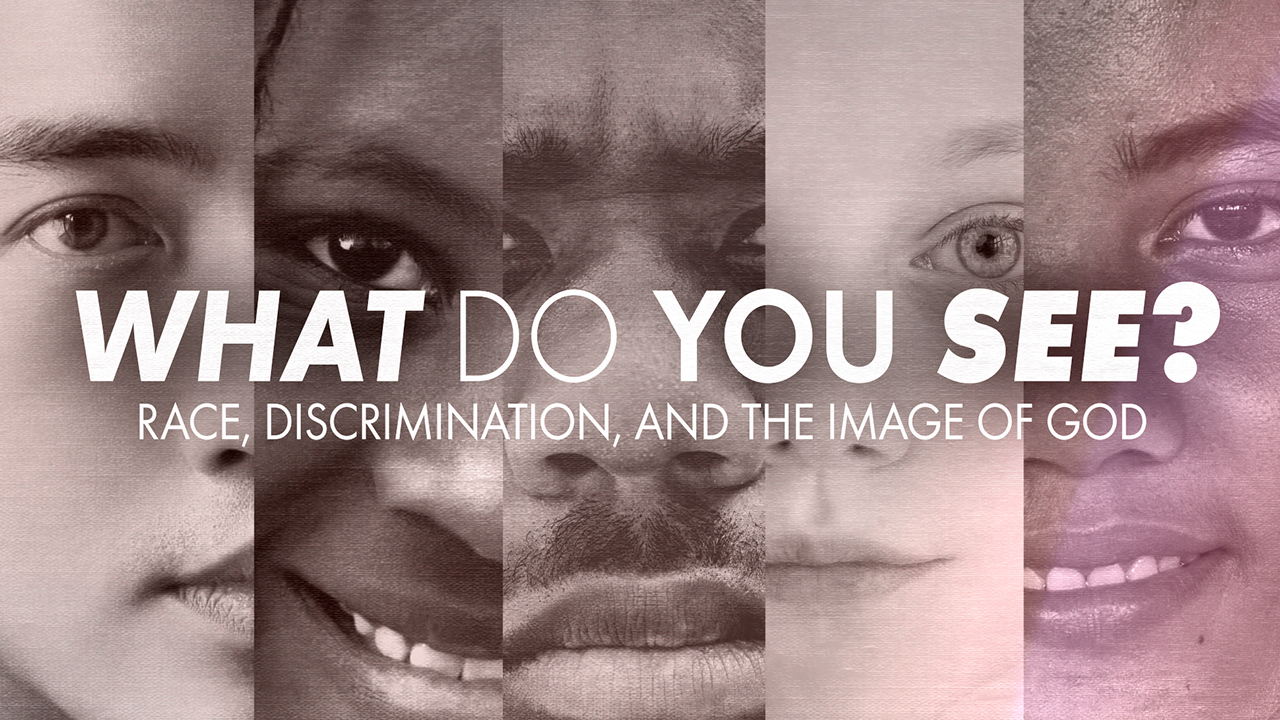-
Refine Or Destroy Series
Contributed by Joe Tilton on Nov 28, 2017 (message contributor)
Summary: Jesus is quoted saying, "I came to...divide," and in another place He said, "I came to bring peace." Which is it? What would cause division in families? Division began very quickly after He physically left us. Has this division led to war?
August 18, 2013
Refine or Destroy
A bank robber in Virginia Beach got a nasty surprise when a dye pack designed to mark stolen money exploded in his Fruit-of-the-Looms. The robber apparently stuffed the loot down the front of his pants as he was running out the door. “He was seen hopping and jumping around,” said police spokesman Mike Carey, “with an explosion taking place inside his pants.” Police have the man’s charred trousers in custody.
Police in Los Angeles had good fortune with a robbery suspect who just couldn’t control himself during a lineup. When detectives asked each man in the lineup to repeat the words, “Give me all your money or I’ll shoot,” the man shouted, “That’s not what I said!”
Wow, do we have another surprise in our focus scripture of Luke 12:49 through 56. The words of Yeshua are shocking at best. He said, “I have come to bring fire on the earth, and how I wish it were already kindled!” Where is the unity, love and grace we know is associated with the Master? Are these words associated with the timing of events anticipated in His ministry, such as His crucifixion?
Every Christian who truly relies on God has come to know the importance of peace from the assurance of the Word. Still, these words from the 12th chapter, 51st verse has had so many scholars question why they are recorded and whether they should be taken literally or metaphorically.
The same story appears in Matthew, yet the context feels much different here. He, Matthew, seems to be teaching the disciples in words to promote battle cries, such as “sword” and “enemies” that appear more militaristic. In Luke the mood is much milder and with a definite meaning of division or disunity (in Greek the word is: dee-am-er-is-mos') over that of war. Some might have an opinion that differences between Luke and Matthew appear as contradictions. The fact that reporters of the same event have a slightly different view only refines and adds information rather than confuses. Multiple witnesses, even with skewed perspectives, provide additional views.
Still, the apparent change in attitude by Yeshua can be disturbing to some who focus on the peace and love of the Master. Others who have desired a military leader to force the world to see the Gospel their way might find this perceived change delightful, thinking other Christians with a different view will be destroyed or even killed. Is the Savior intending to drive a wedge between followers with different Christian views?
Perhaps some would question whether this Jesus is the savior of Zechariah’s prophecy. He wrote in his first chapter, 79th verse that his view of the savior would be one who “would guide our feet into the way of peace.”
We in modern society know without question that division equals defeat in most situations. And we know now that within a very short time following the physical departure of Messiah, division erupted on a grand scale. Man set about to organize religion with the result being the Catholic Church. On an opposite side were the Gnostics, who taught Christ much like the organized Church but with less organization. Gnostic writings were banned and their leader was murdered in an effort to stamp out anything different than a highly-organized church. Is this the division Yeshua was talking about? If so, why is He quoted as saying, “I wish it (the fire of division) were already kindled!?”
Another possibility and theory by some theologians is that Messiah is beginning to stress over his coming death, and that he was using hyperbole to describe that death by using the word “baptism”. The Greek term for “stress” used in this passage is syn-echo that means “distressed” but also “holding together” or “holding tightly” to the point of squeezing. Here in Luke, the meaning even goes to sickness such as “holding on to a fever.” And in other places in Luke, the same syn-echo is used to indicate holding on to fear or an issue that is “pressing in”. What is unique about this story in Luke is the description of how Jesus is feeling. So Luke is taking a much more personal approach than Matthew.
All that and we still don’t see the need for the shocking words that are largely ignored by our Christian Community of today. The operative word in understanding this passage is “today”. Not only was Messiah interested in how we live our lives now, but in those in the world around Him at the time. Much too often we judge words in the Scriptures by today’s perspective and fail to comprehend society of the time for context. One major clue that people around him misunderstood is found in the 56th verse where He is quoted asking the question, “How is it that you don't know how to interpret this present time?” Messiah even called the crowd “Hypocrites!” The reason for this outburst was that He knew they could predict weather-related events by watching the sky and feeling the wind blow, but they failed to recognize Him after He and His ministry were foretold in the Torah. Had He not been performing miracles before their eyes and shared heavenly wisdom long enough for them to have a clue? The crowd was made up of people who had knowledge of Scripture and even witnessed for Him. Some were members of His “advance” team as He made trips into Jerusalem and other places to teach and share the Good News of the Father.

 Sermon Central
Sermon Central

